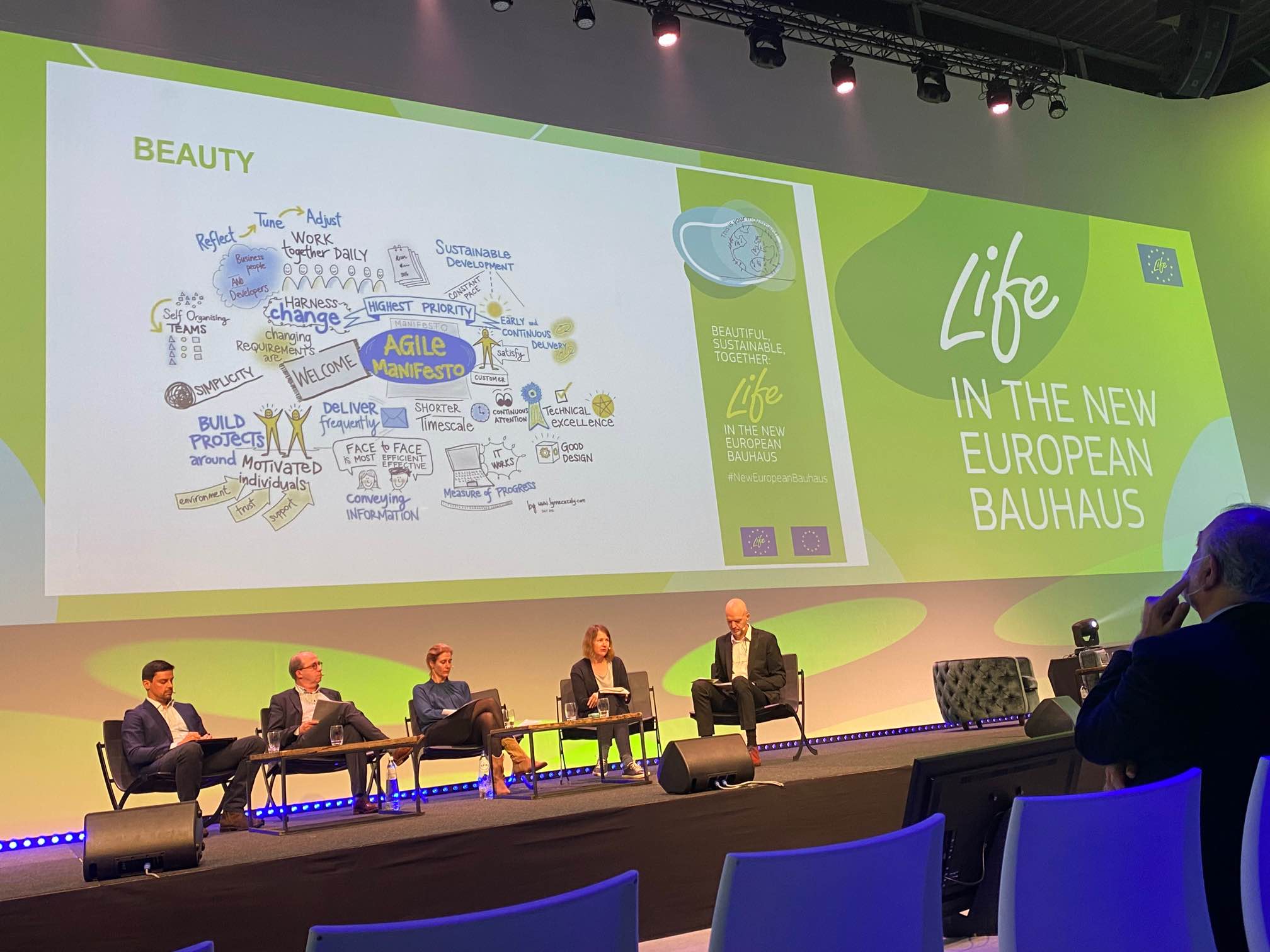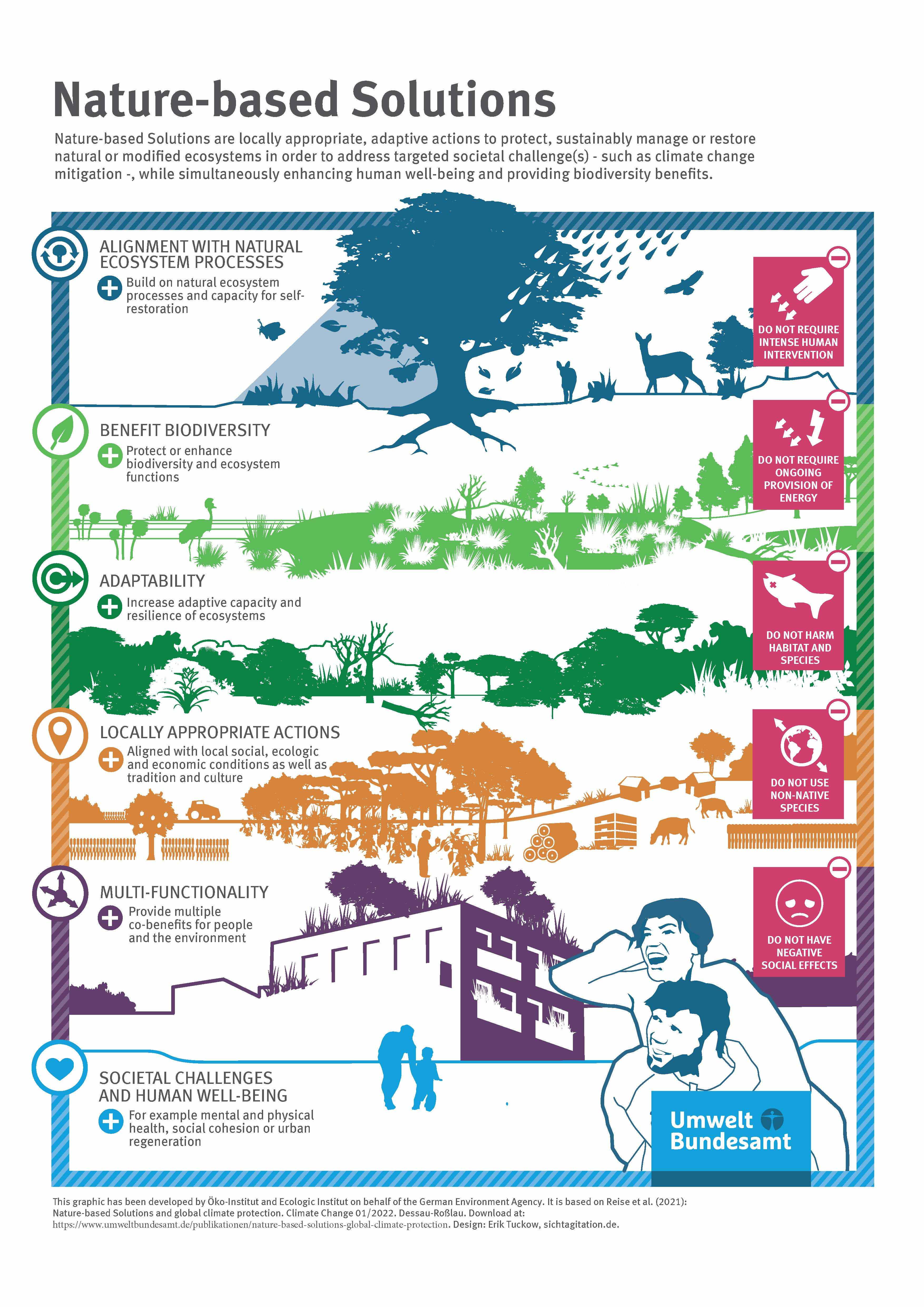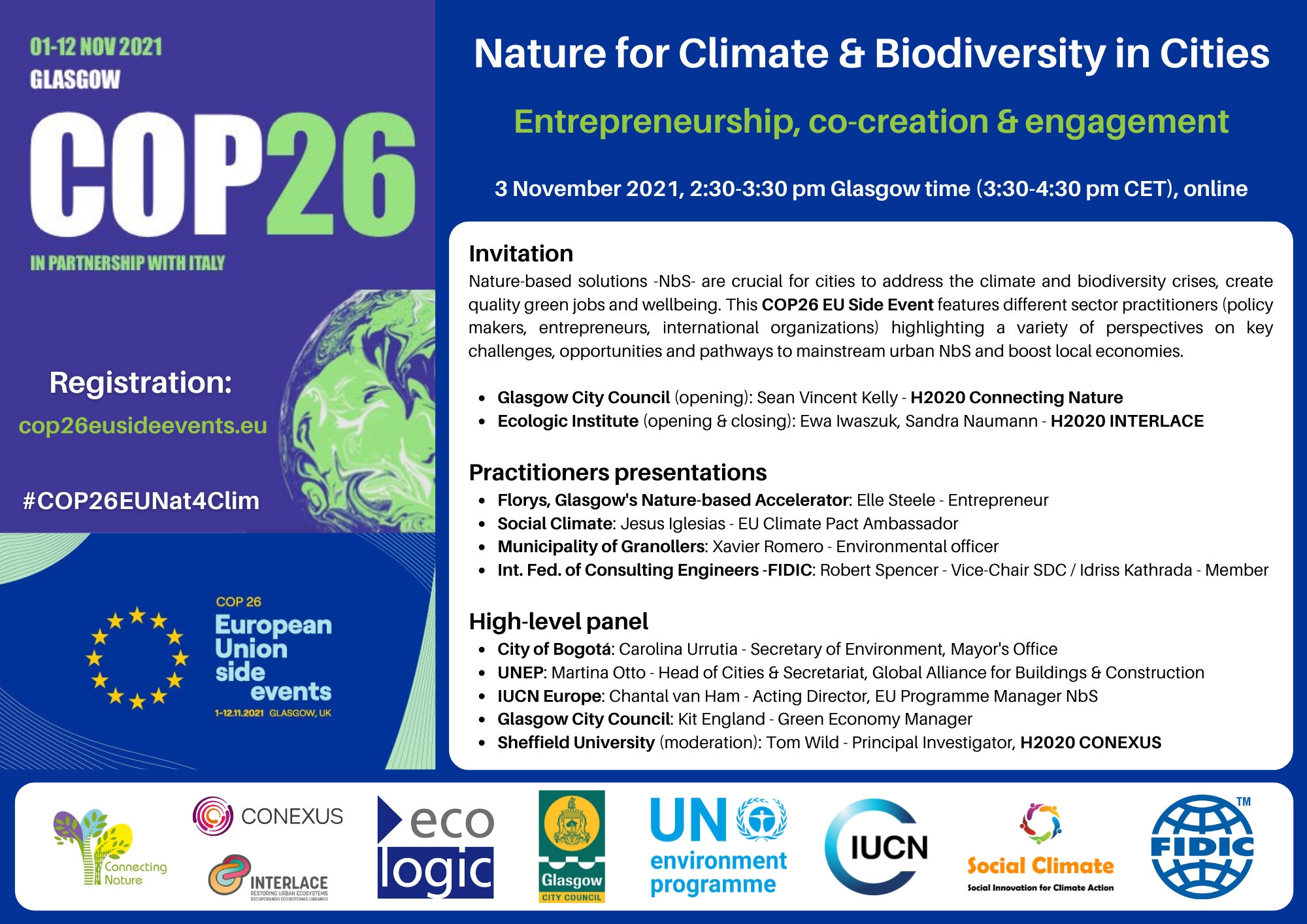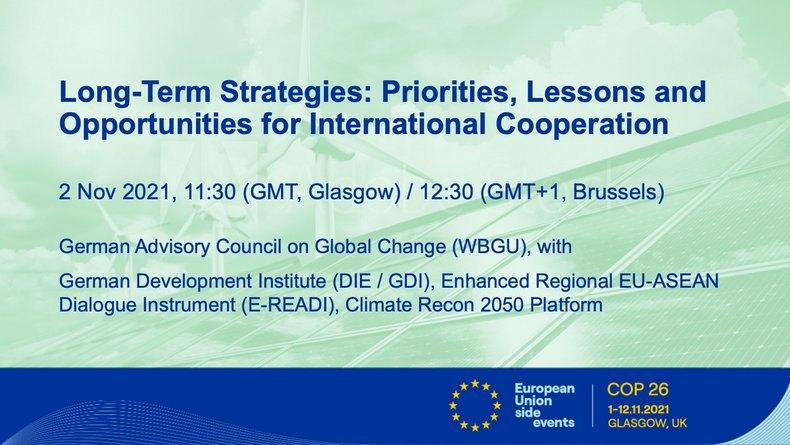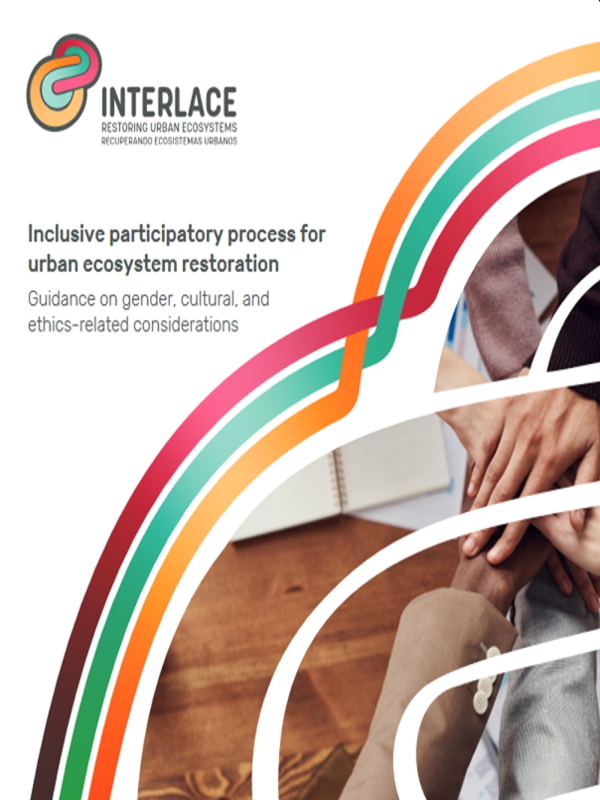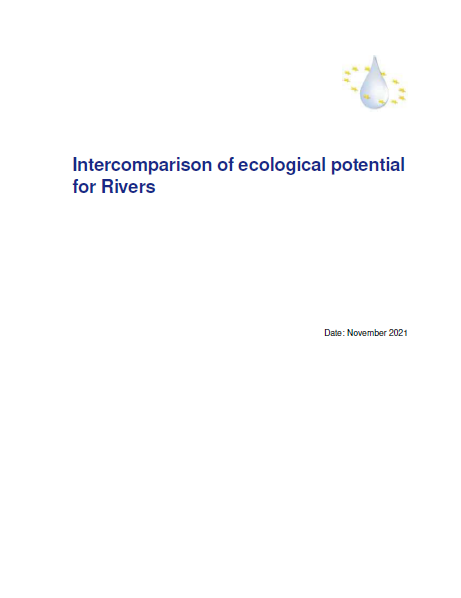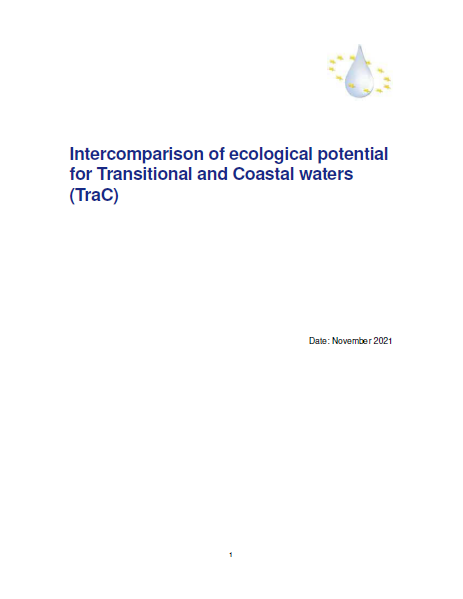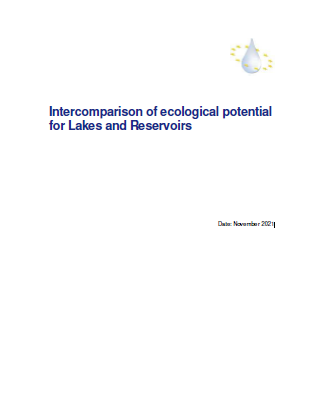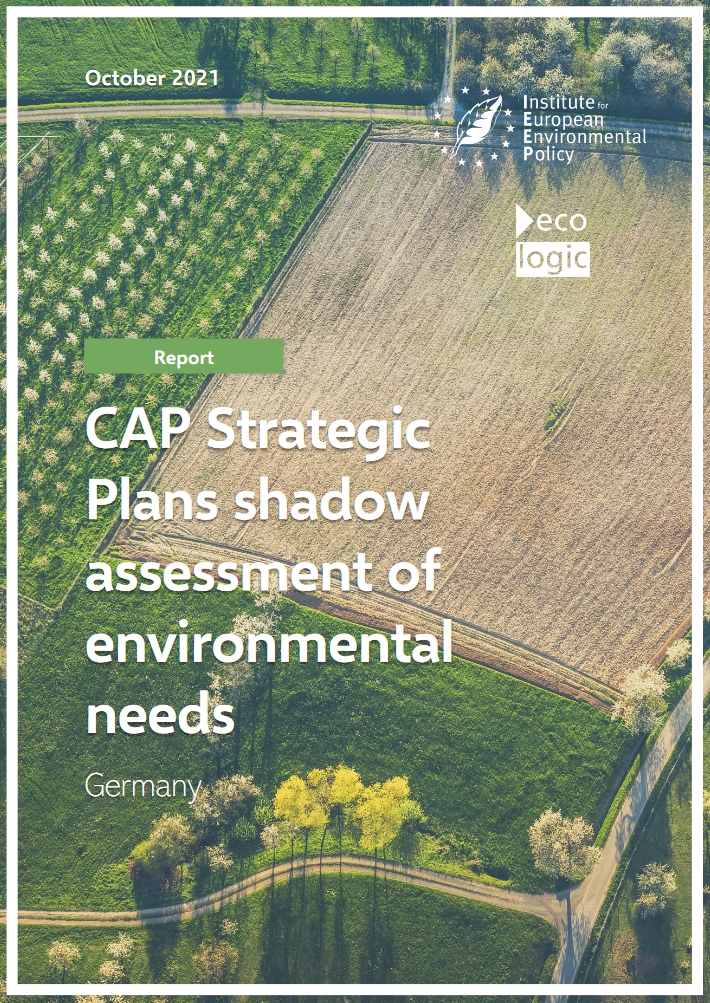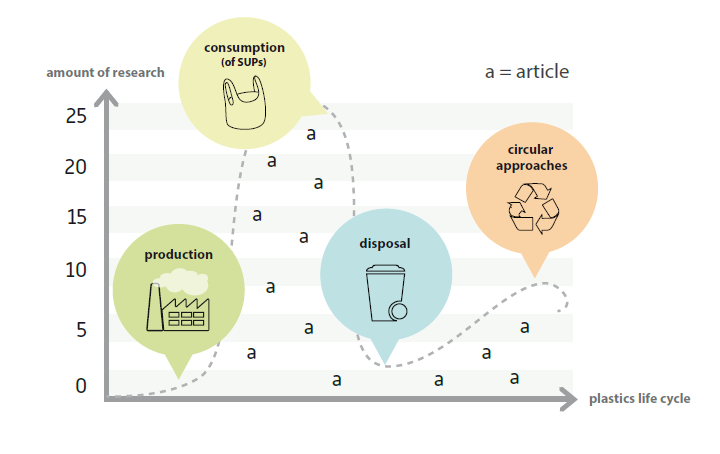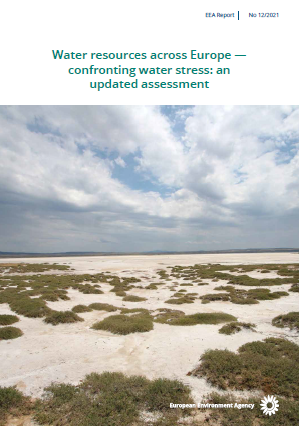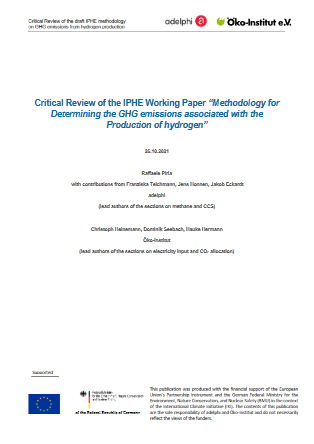Presentation:Panel discussion
Event:Digital Event
Publication:Infographic
Publication:Case Study
Case Study Mecklenburg-Western Pomerania
Exploring the socio-economic impact of energy transition in EU regions
Year
Read moreEvent:Digital Event
Nature for Climate & Biodiversity in Cities
Entrepreneurship, co-creation & engagement
online
Event:Digital Event
Long-Term Strategies: Priorities, Lessons and Opportunities for International Cooperation
COP26 EU Side Event
online
Publication:Document
Inclusive Participatory Process for Urban Ecosystem Restoration
Guidance on Gender, Cultural, and Ethics-related Considerations
Year
Read morePublication:Website
Publication:Report
Publication:Report
Publication:Report
Publication:Report
Publication:Article
Publication:Report
